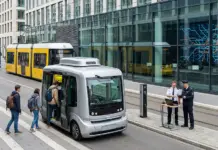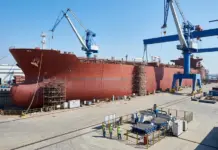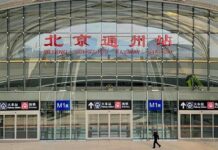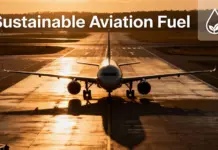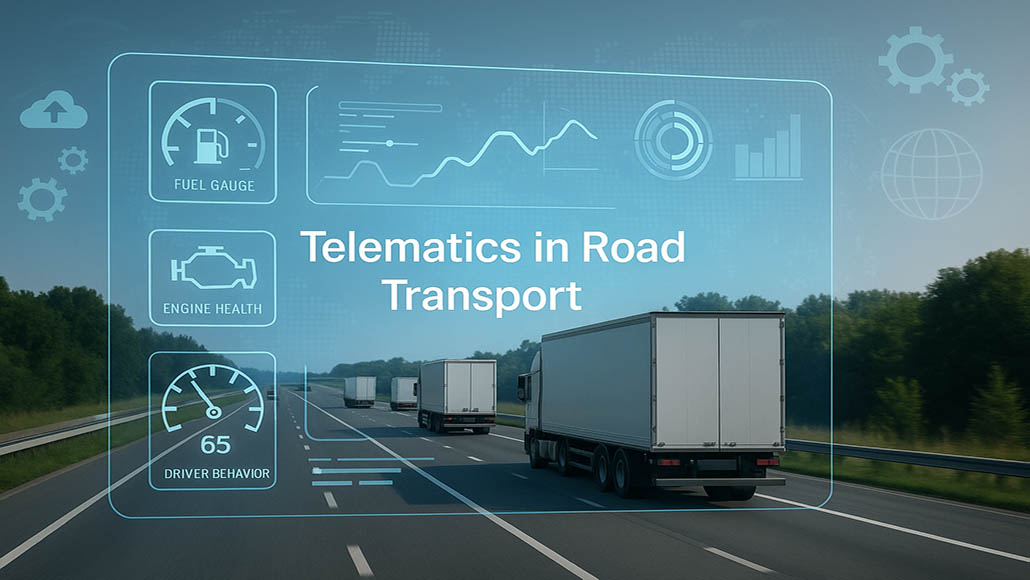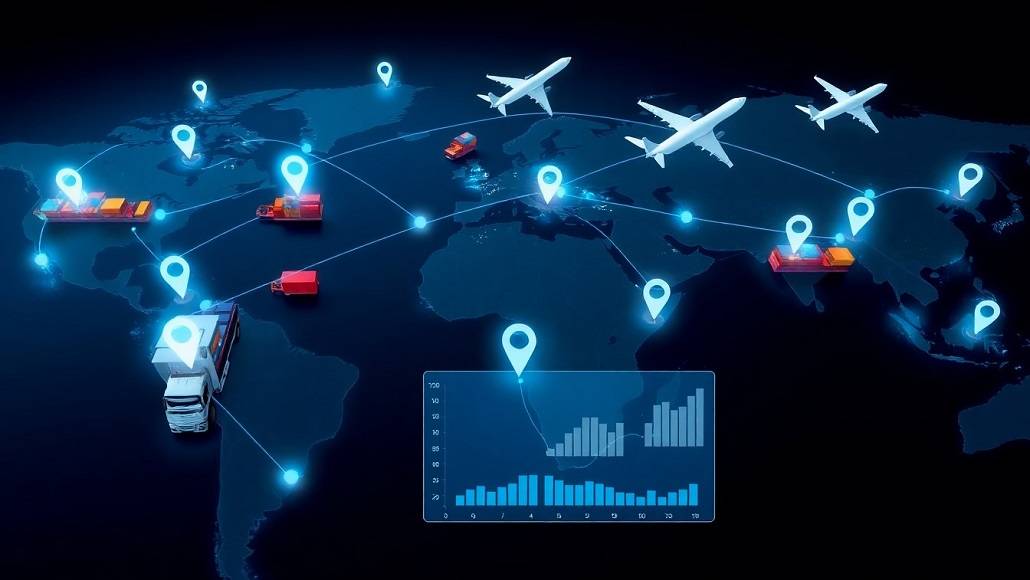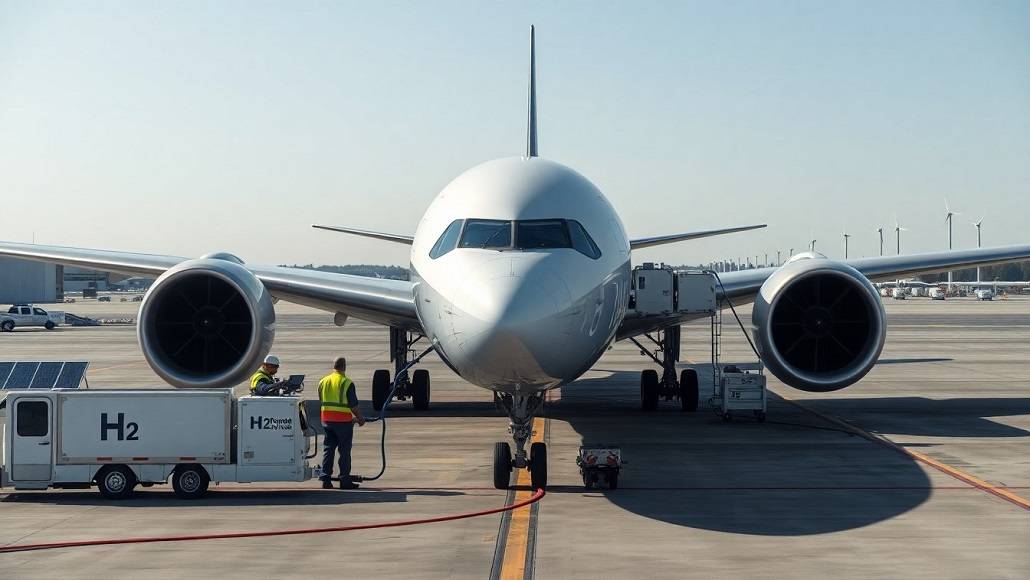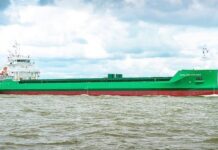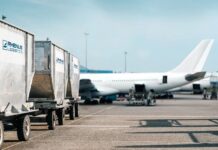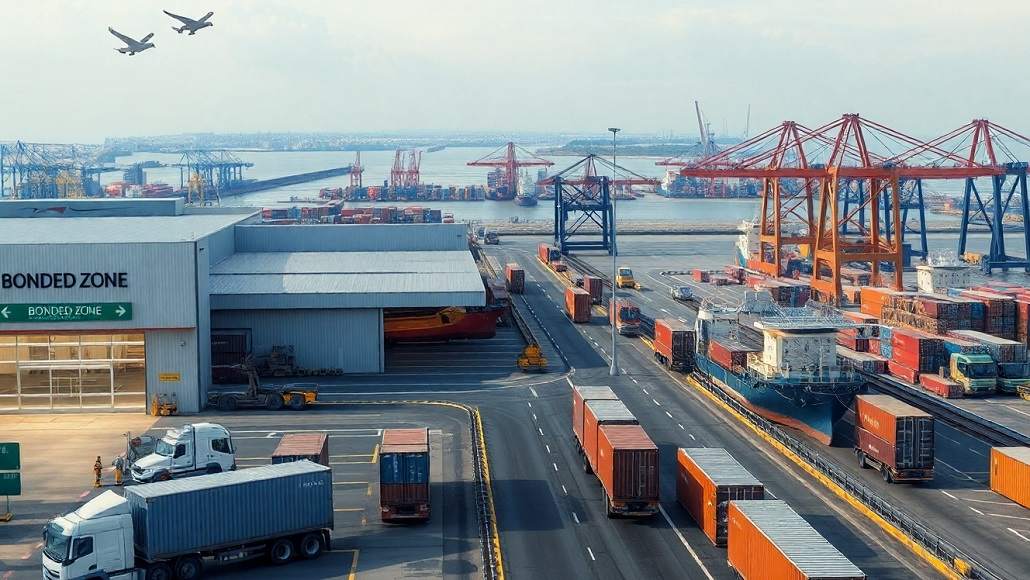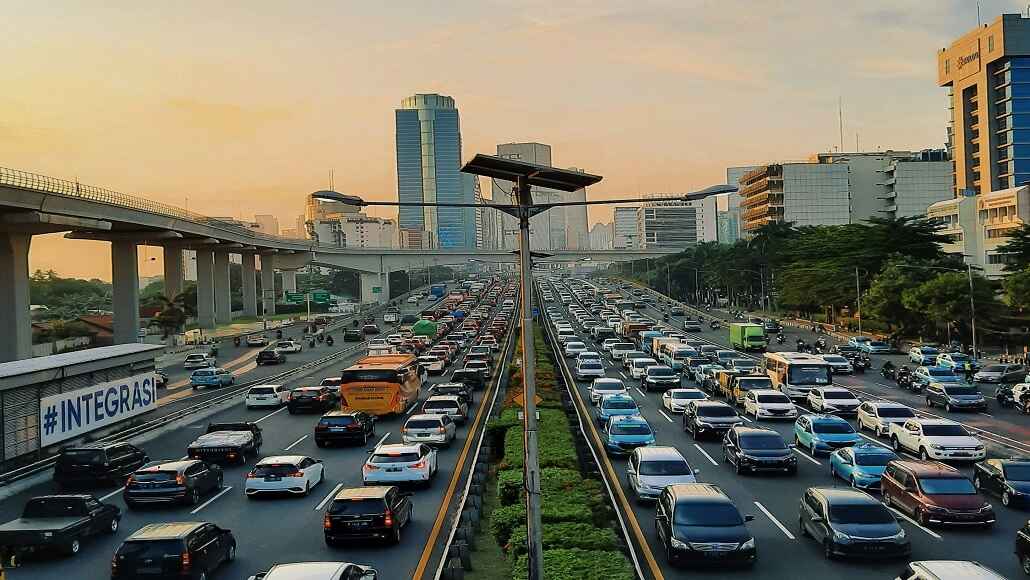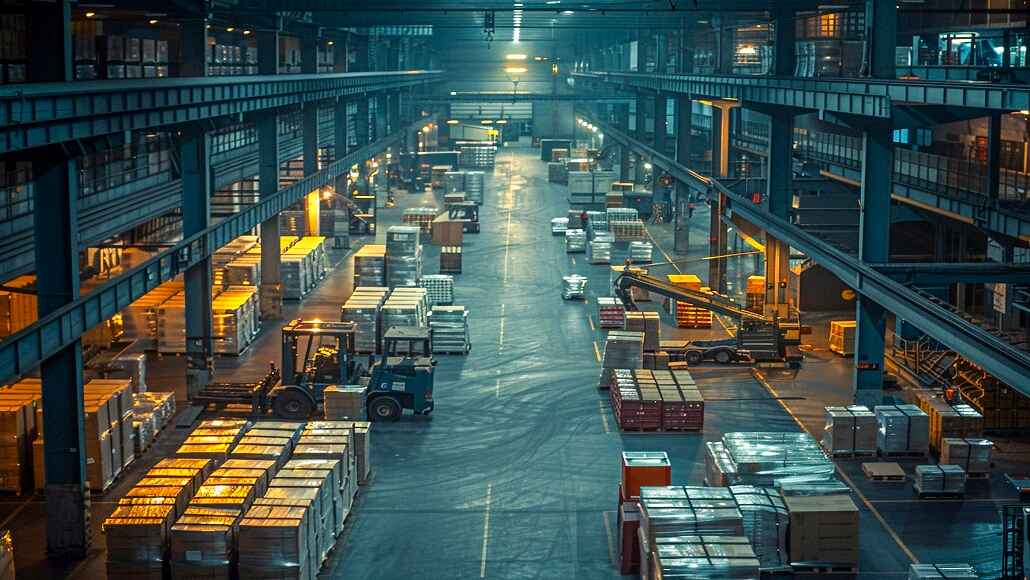Global Supply Chains and Asian Manufacturing Industries: Adapting to Change
Global supply chains face swift transformations across their landscape. The operations of manufacturing industries are being transformed by technological innovations together with evolving consumer needs and worldwide political tensions. To maintain their market position companies, need to embrace new trends while enhancing supply chain efficiency and building resilience. Manufacturers operating in trade-dependent areas must grasp these developments to secure their future success.
The predictability of supply chains has diminished compared to previous times. The international movement of goods between nations faces challenges because of worldwide disruptions, trade disputes, and changes in economic conditions. Businesses that used to rely on one central production facility search for other manufacturing sites to minimize their operational risks. Business diversification provides protection against unforeseen disruptions like trade restrictions and supply shortages.
Manufacturing industries need to make new technology investments to maintain their competitive edge. The combination of automation alongside digitization and artificial intelligence (AI) revolutionizes production lines to achieve higher speed and improved efficiency. The new manufacturing technologies bring down production expenses while simultaneously enhancing both product quality and visibility within supply chains.
Technology serves as a revolutionary force in reshaping global supply chains. The integration of smart factories that leverage IoT along with AI technology enables businesses to perform real-time production monitoring. Sensors monitor machine functionality while they detect imminent breakdowns and enhance energy efficiency. Manufacturers experience fewer production delays and improved decision-making capabilities which allows them to respond more rapidly to market demands.
Automation reduces dependency on manual workforce which results in lower operational costs and increased production consistency. AI systems and robots manage repetitive tasks precisely which enables human workers to concentrate on complex responsibilities. The transition toward advanced machinery has generated a requirement for workers who possess skills to manage and maintain sophisticated equipment.
Manufacturing industries need to update their production methods to reflect the changing preferences of consumers. Consumers today demand products that deliver superior quality while also being eco-friendly. The industry has shifted its attention toward sustainable manufacturing practices.
Numerous companies now change to recyclable materials which helps in minimizing waste while decreasing carbon emissions. Numerous companies are now following circular economy principles which ensure that product design focuses on reusability and repurposing to prevent disposal. Environmental benefits from these changes draw customers who support sustainability-focused brands.
The demand for customization is also growing. The market shows a rising demand for personalized products encompassing customized clothing as well as electronics and home goods. Manufacturers need to create production methods which enable small batch production while keeping costs under control to satisfy customer demand.
Political and economic disputes among leading nations have increased global trade complexity. Businesses which formerly concentrated their manufacturing operations in one region have started to expand their production facilities across multiple locations. Supply chain diversification enables businesses to withstand disruptions from trade disputes and regional political instability by spreading production across different regions.
Manufacturers are implementing a “China Plus One” approach which keeps their operations in China but expands production to additional Asian countries or further regions. By not relying on a single market this strategy makes sure companies can keep operating through unpredictable disruptions.
The manufacturing sector continues to experience multiple challenges even as technological progress and global integration provide advantages. Manufacturing sectors face significant challenges due to the increasing expenses of labor forces and raw material supplies. Businesses need to discover methods for expense reduction without compromising product quality when production costs continue to rise. The fragmentation of supply chains creates operational challenges because securing materials from diverse regions demands rigorous planning to avoid logistical delays and productivity losses.
Another challenge is regulatory uncertainty. The continuous updates to trade policies and environmental regulations as well as labor laws by governments create significant compliance challenges for manufacturers. Businesses need to develop both flexible approaches and proactive strategies to adjust to these changes. Furthermore, some companies struggle with technology gaps. Automation and artificial intelligence boost efficiency but many businesses face resource shortages and lack skilled employees to carry out these technological advancements.
Companies need to invest in automation solutions while implementing smart operational policies and building strong partnerships with suppliers and logistics providers to tackle these challenges. Organizations that successfully adapt to evolving market conditions will gain a competitive edge in the global business landscape.
Global supply chains become stronger when manufacturers integrate strategies that boost flexibility alongside both efficiency and sustainability. Forecasting improvements serve as a major method by utilizing artificial intelligence and big data to anticipate demand changes. Companies that study market trends can optimize their production timing and inventory management which leads to fewer stockouts and excess inventory.
Building resilience requires manufacturers to diversify their suppliers as a key operational strategy. Businesses that depend exclusively on one supplier or region become susceptible to trade interruptions and economic fluctuations. The use of multiple sourcing locations helps maintain business operations and reduces potential business risks.
Manufacturers need to adopt sustainable practices which include energy-efficient production methods and waste reduction techniques. When businesses implement eco-friendly methods, they benefit their operations and the environment through cost reduction and attraction of environmentally conscious consumers.
Digital transformation investments play a crucial role in enhancing production and logistics optimization. The combination of smart factories and automated systems leads to higher efficiency and accuracy which cuts downtime and boosts production capacity. Better collaboration with logistics partners, retailers, and suppliers helps build an uninterrupted supply chain network that maintains smooth operations regardless of future uncertainties.
The manufacturing industry’s future will be shaped by three key elements: Manufacturing will advance through three fundamental components which include sustainability programs, digital transformation projects and flexible supply chain strategies. Businesses that apply these strategic methods to their entire operations will experience success and expansion in the developing worldwide economy.
Manufacturing companies should allocate resources toward innovation and supply chain adaptation to achieve market position security through operational resilience and adaptability. Businesses must develop strategies to overcome challenges and take advantage of growth prospects to preserve their market advantage during changes in international trade patterns.



